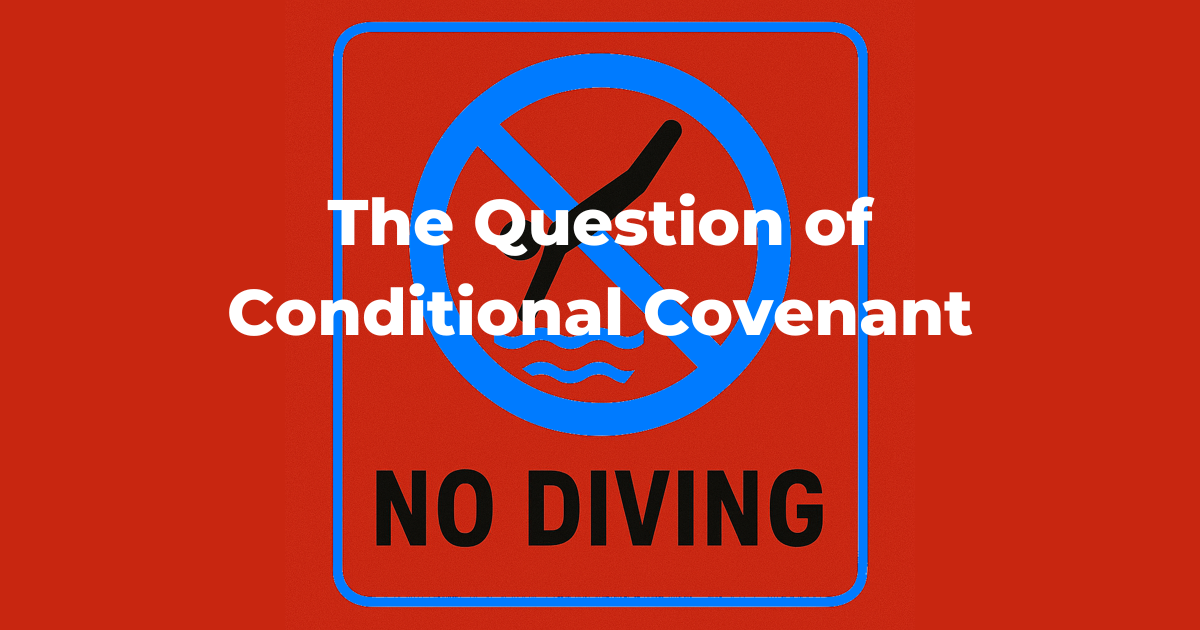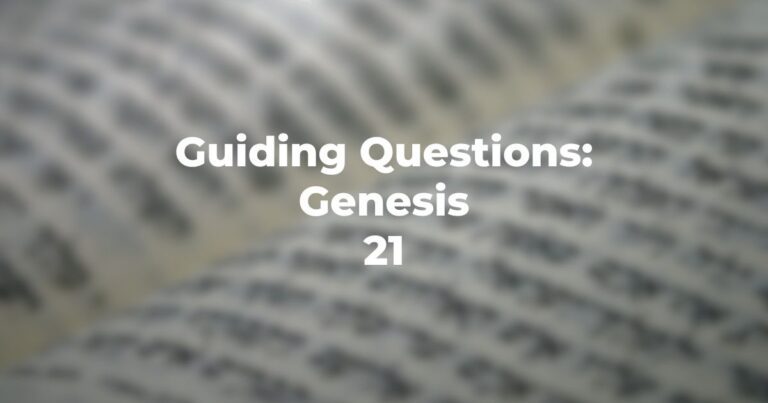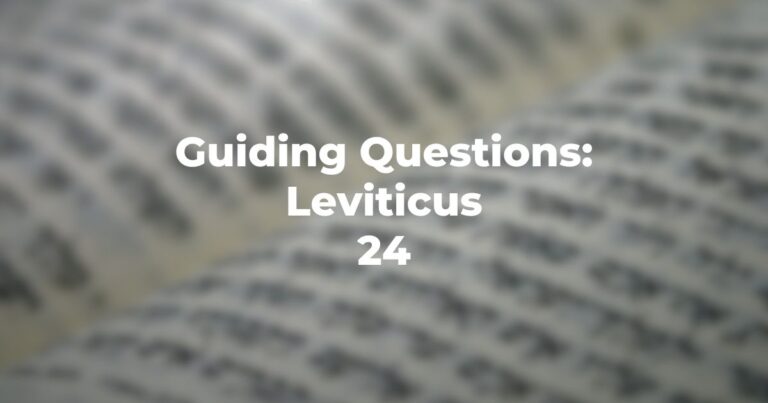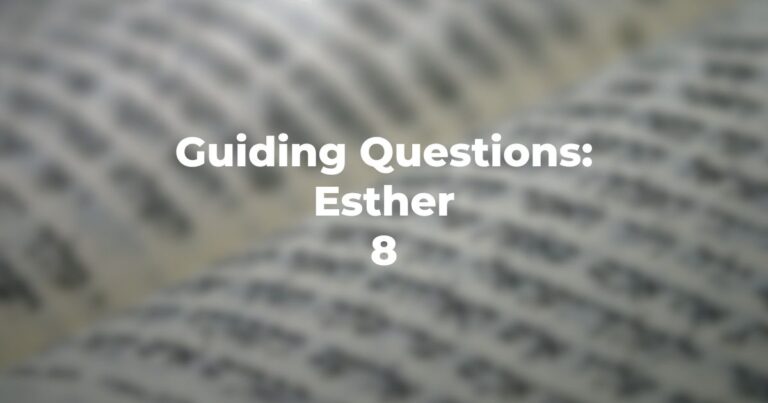והיה עקב תשמעון את המשפטים האלה ושמרתם ועשיתם אתם ושמר ה׳ אלהיך לך את־הברית ואת־החסד אשר נשבע לאבתיך: (דברים ז:יב)
And if you do obey these rules and guard them carefully, your God HaShem will guard faithfully for you the covenant made on oath with your ancestors: (Devarim 7:12)
There’s a big question on this first verse of our parshah. I saw it in the writings of Tzvi Elimelekh of Dinov, the Bnei Yissaschar, in his book on the parshiot – Agra deKala.
“…could it enter the mind that the Blessed Holy One would not fulfill the oath sworn to our ancestors? And what is this ‘keeping’—what guarding does the Blessed Holy One need to perform with respect to the promise?” (Agra deKala Eikev)
How can there be an if/then condition on God!? That God would only guard us if we followed specific rules. It’s hard to accept that there is such a profound condition on our relationship with the Creator.
Succinctly, why would we ever imagine that God would break a promise? Further, what is this guarding? Are we sheep, potatoes, or loose coins that must be watched and safeguarded?
The Bnei Yissaschar offers an answer I’ll leave aside for now; his answer is a bit complicated for this brief format.
My reading of this passuk and question is as follows: this is not a one-sided shemirah, guarding. While God is often referred to as a shepherd, the more ideal shemirah, guarding, is based on mutual agreements.
We see this dynamic all over: the lifeguard will watch at the pool, but we may not dive in the shallow end. On the roads, the police will look out for our safety, but we may not speed. We look out for one another in personal relationships, but lines and boundaries help us accomplish this most effectively.
So, with God, it’s not that there would ever be a reneging on the covenant with our ancestors; the question is, what will the quality of the relationship be? How mutually will we engage? God has laid out lines and boundaries, and we have needs.
And so now we understand another aspect – u’shmartem… v’shamar there are two aspects of the guarding. Ours and God’s.
The benefit of mutualism, of God and the Children of Israel collaborating, is that the more one follows the lines and boundaries, the more one can experience the guarding. When our energies are consumed with breaking rules or explaining that you weren’t breaking rules, we become insensitive to the quality of the protection offered.
Author
-
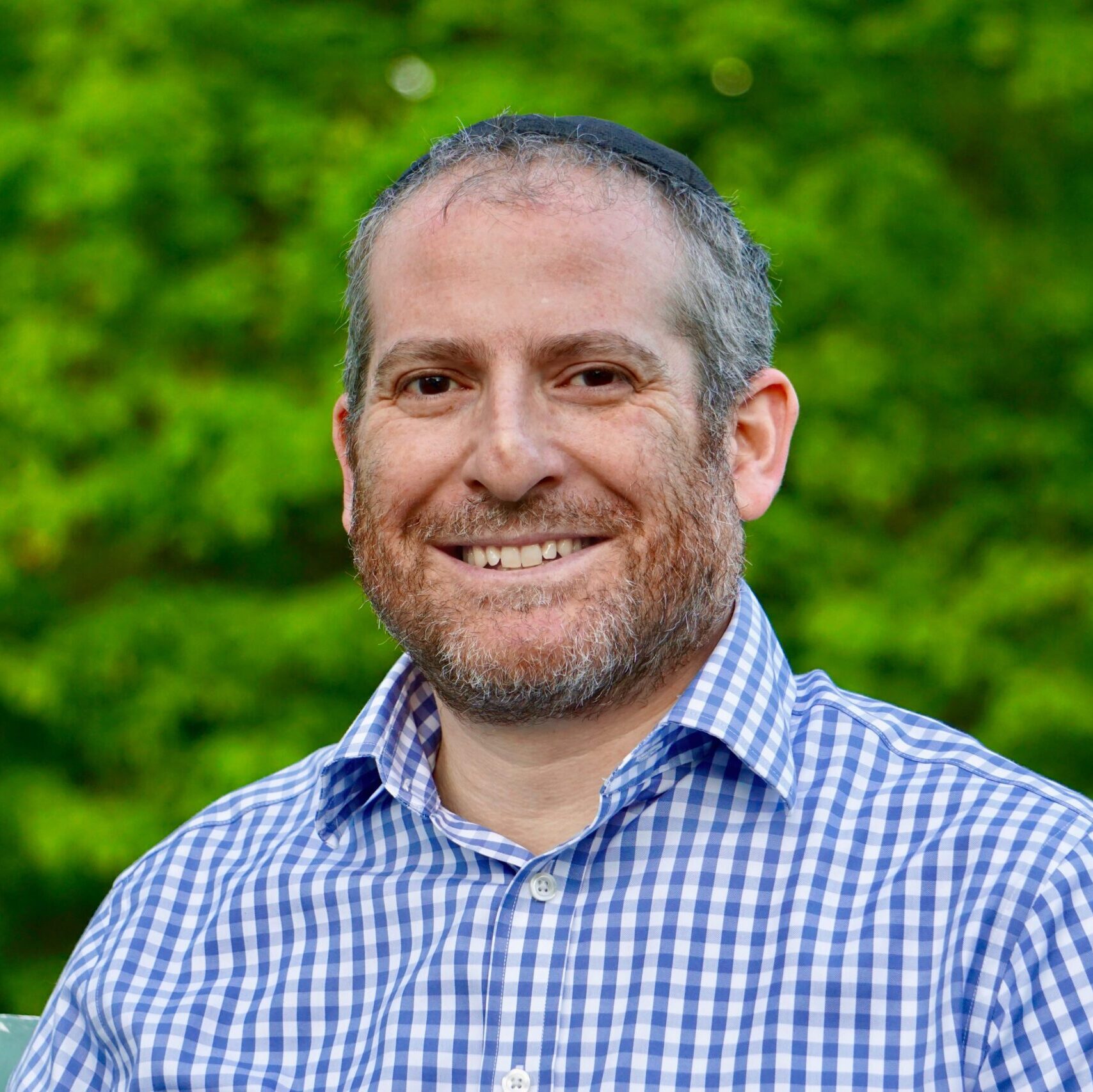
Rabbi Mordechai Rackover serves as Editor in Chief of Exploring Judaism and Director of Publications and Digital Engagement at The Rabbinical Assembly. He has a background in education, campus work, and the pulpit. Mordechai studied for nearly a decade in a number of Yeshivot in Israel and has a BA in Jewish Studies from McGill University and an MA in Jewish Communal Leadership from Brandeis University. When not working he can be found reading or cooking and occasionally catering. Check out his Instagram for mouthwatering shots.
View all posts


